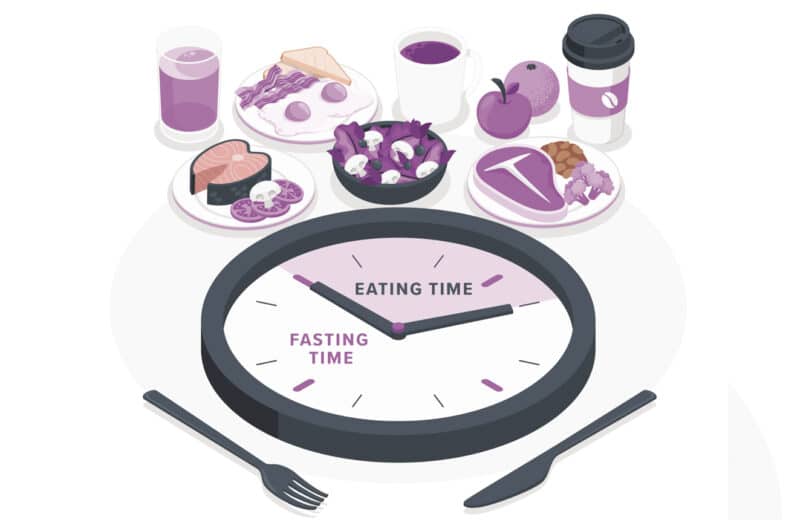Heart disease may be the leading cause of death for Americans, but here’s a heartening statistic: About half of heart-disease deaths in the U.S. are preventable. According to an Emory University study, the leading five controllable risk factors are obesity, high cholesterol, diabetes, high blood pressure and smoking. Eighty percent of Americans have at least one risk factor; these heart-healthy diet tips can help you fight the big-five risk factors and get on your way to a healthier heart.
Focus on fiber.
You don’t have to follow a strict diet to lose weight, according to a 2015 study in the Annals of Internal Medicine. Individuals who simply ate 30 grams of fiber daily lost almost as much weight as those on a low-calorie diet. So chow down on fiber-rich foods, such as raspberries, broccoli and lentils. Also choose whole-wheat over white flour products whenever possible, and try swapping brown rice for white rice, cooking whole-wheat pasta instead of white, or making whole-wheat couscous instead of regular. You’ll get more fiber and nutrients by going for the whole-grain option.
Skip sugary sips.
Added sugars (e.g., sucrose, high-fructose corn syrup) supply few nutrients but add plenty of calories to your day. Those calories add up particularly quickly when they go down in liquid form, such as in sugary soft drinks, sports drinks or premixed iced tea or lemonade. Smart sipping doesn’t have to be boring. Infuse your water with cucumber or mint or switch to seltzer with lemon to get taste without the sugar.
Go vegetarian.
Giving up meat may have a similar impact on your blood pressure as nixing salt, found a review published in JAMA Internal Medicine. Going vegetarian was associated with a 5 mmHg drop in systolic blood pressure, which could reduce your risk of death from heart disease by up to 9 percent. Eating a variety of vegetables will also help you get the vitamins, minerals and antioxidants your body needs, as well as boost your fiber intake.
Get omega-3s.
Research has linked the omega-3s found in fatty fish, such as salmon and tuna, and in flaxseed, canola and walnuts with better heart health. Eat fish twice a week, sprinkle walnuts and ground flaxseed over your yogurt or cereal in the morning and use canola oil in salad dressings to boost your omega-3 intake.
Enjoy eggs.
No need to give up eggs, according to research from The FASEB Journal. Compared to those who ate an oatmeal breakfast every day for a month, egg-eaters saw no increase in LDL (“bad”) cholesterol. Plus, HDL (“good”) cholesterol increased. Oatmeal eaters kept LDL steady, but didn’t get the HDL bump.
Watch your salt.
It goes without saying that cutting your sodium intake may help lower high blood pressure. Aim for less than 2,300 milligrams (about 1 teaspoon) per day, and less than that if you’re 51 or older, African-American or have high blood pressure, diabetes or chronic kidney disease.
(EatingWell is a magazine and website devoted to healthy eating as a way of life. Online at www.eatingwell.com.)













